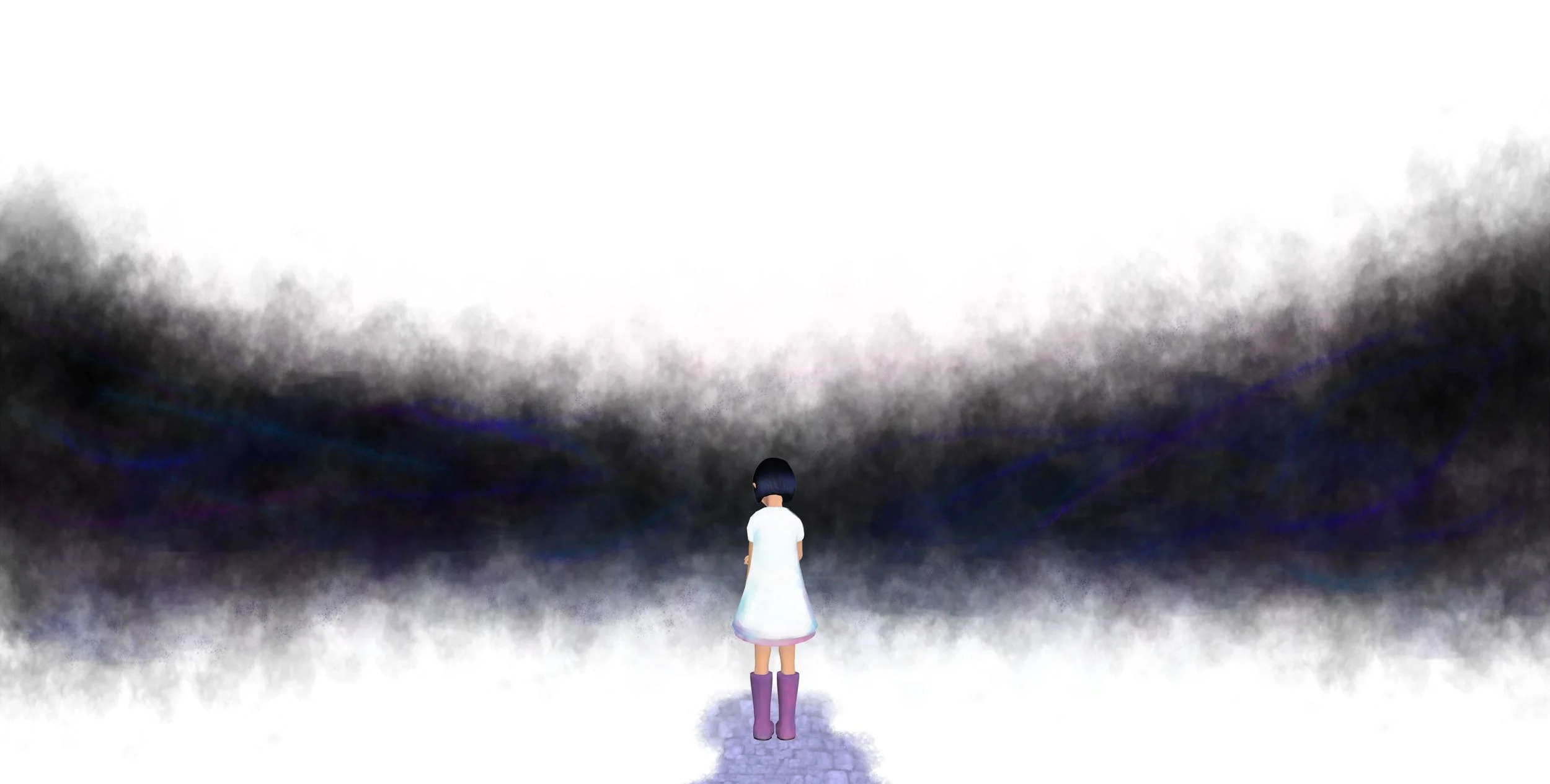BEYOND EYES: Gaming Evolves With New Concepts
It’s not easy to describe the central gameplay of Beyond Eyes, the new adventure/puzzler from developer Tiger & Squid. It’s actually one of those games that appears to defy description altogether: you play as a recently blinded little girl trying to make her way around the world using all the senses but the one lost to her.
If someone begins a sentence with "a game where you're blind," you may start already forming opinions on whether or not you'll like it. I'll be honest, I had no idea how they were going to execute a concept in an industry that’s primarily visually dominant.
It wasn’t until I got some hands on time at this year's E3 that I really ‘got’ it, but once I did I was glad I stuck around. Beyond Eyes is the latest in a wave of games that are seamlessly blending story and gameplay mechanics to create a type of narrative experience that legitimately is just not possible through another medium.
A DEEPER LOOK INTO UNIQUE GAMES
Now that's brotherly love.
Some games tend to be far more interested in story rather than plot, which makes them all the more exciting. Brothers: A Tale of Two Sons is very minimally about the driving action of the plot; it’s more about the relationship between the two brothers, and by having you control the two of them at the same time, the game forces a level of cooperation that defines their relationship in a way just watching the duo couldn’t do.
Even the more realistic game formats have pushed psychological boundaries.
Spec Ops: The Line took the monotony of bland military shooters and used that gameplay to sell the game’s story: the actual plot mechanics are relatively insignificant, because it’s the feelings the player takes away from the world that is important.
BROADENING YOUR HORIZONS
Both of the above games strategically use their gameplay to better place the audience in the shoes of their main character.
Beyond Eyes looks poised to do this again, and in an intelligent and sensitive way.
Players are visually limited to objects and terrain the main character can be reasonably certain of — the rest of the environment is made up of indicators like audio cues, with the majority of the game world being whited out and the player left in the dark about most of it.
By having the world of the game accurately reflect the experience of the character, the developer is immediately closing the bridge between player and avatar; it turns it from a game about getting a blind girl from x to y and into a game about being blind.
It’s an exciting concept, and the balancing act they have to pull off is making sure that these gameplay systems remain as enjoyable as they are powerful. After all, it’s all well and good to tell a good story in an interesting way, but it’s the games that don’t trade the fun times for the interesting ones that really show off the capabilities of this new age of gaming.
What is your favorite unique-concept game?




